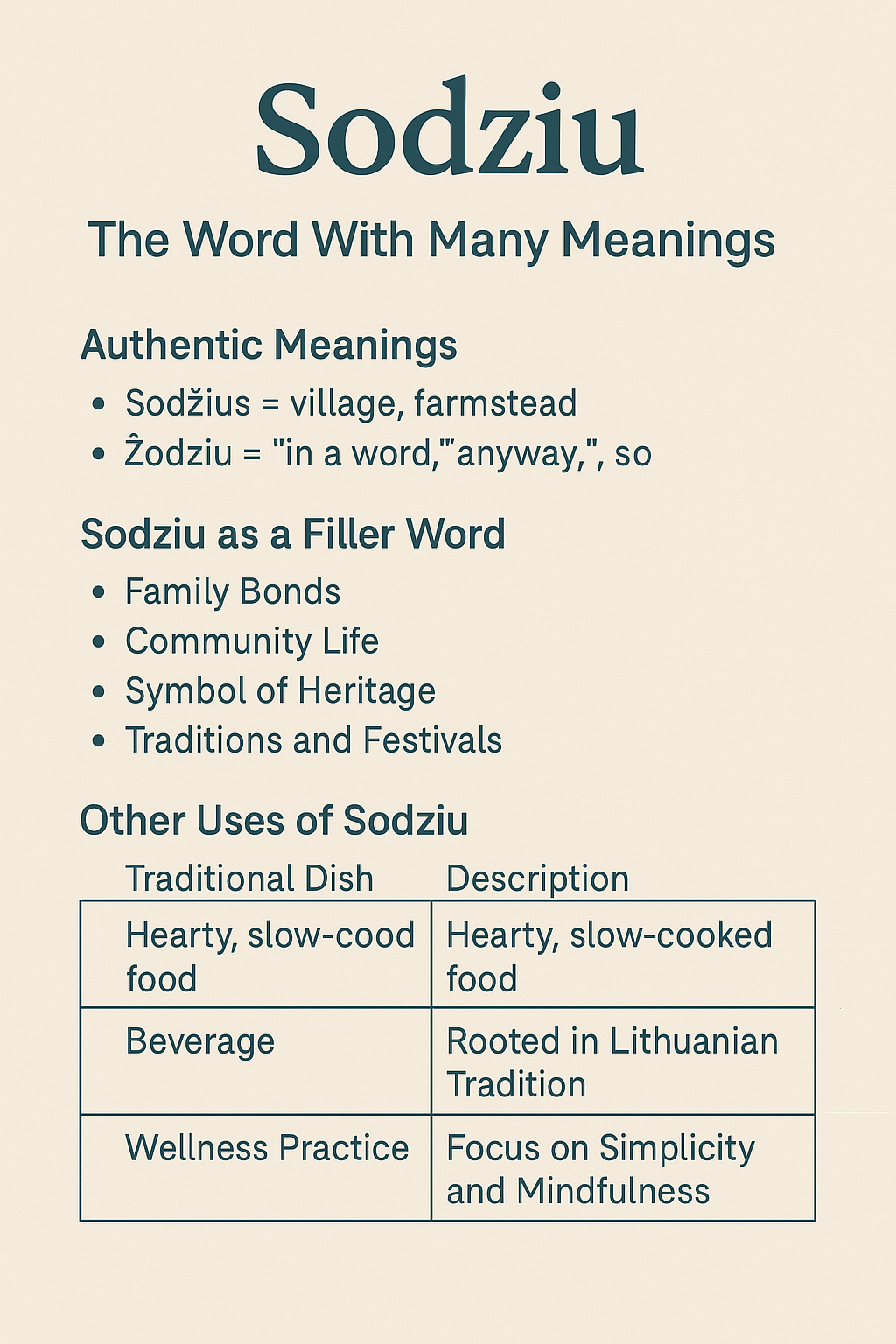Health
You Need To Add Carbohydrates To Your Training Diet Immediately
Published
7 years agoon
By
Imran Javed
Nutritionists and other food enthusiasts rarely talk about the positive effects of consuming good carbohydrates while training or doing intense workouts. The truth is, if you actually do some research online, you will obviously find lots of incredible information about carbohydrates, its formation and the benefits of consuming healthy amounts in the right form for your body.
You can also check out best pre workout supplements to enhance your workout strength during training.
Perhaps you arrived at this article because you are curious about the same fact, so I will enjoy using this opportunity to share some great information with you regarding healthy carbohydrate consumption and how it can help your fitness life especially if you are into intense exercises or speed endurance training.
First, let us talk about what happens in your body when you consume carbohydrates;
How carbohydrates break down in the body
Our body metabolizes (breaks down) carbohydrates, fats and proteins once ingested, into a simple sugar known as glucose through a biological process called Gluconeogenesis. The glucose is then used by the body to supply energy to the brain, form building blocks for mucus which help in improving our immune functions. Fructose is another form of carbohydrate than is also digested by the body to produce energy.
In order for the body to produce glucose and in the end create energy for us, we need to supply it with the right amount of carbohydrates. On the other hand, this does not imply we go-ahead to include high amounts of carbohydrates in our diets and that is why it is important for us to understand the effects of too much glucose as well as its deficiency.
What happens when glucose is too high in your body or too low (deficient)?
All of the remaining glucose that isn’t used by the body is converted to glycogen and stored as energy in the muscles and liver. Our body requires about 150 grams of glucose to function on a daily basis, and even more so for people who are athletic and have intense fitness routines. Our brain also requires about 120 grams of glucose to function every day and because it lacks fuel(glycogen) storage, it requires a continuous supply of glucose.
When we consider the importance of glucose used by the body and glycogen stored for future use, we begin to understand better why we need carbohydrates, even more so during training and intense workouts. There has been a lot of debate around the right amount of carbohydrate to be consumed or whether the body is capable of processing its own glucose from non-carbohydrate substrates such as protein, lipids, etc. However, it is imperative that we understand what can happen when we take too many carbs, and also when we allow our body to become glucose deficient.
According to a post on a popular health blog by Siddi Camila Lama on the effects of a high carb diet, I was able to understand that according to popular opinion, which happens to trend on every weight loss topic these days, weight-gain is directly associated with high carbohydrate intake. As I continued to read carefully I was able to ascertain that there is a difference between unhealthy carbohydrate consumption and healthy high-carbohydrate diets.
Another research paper stated that a high intake of glucose can become toxic to the body and can cause elevated insulin levels and insulin resistance as well as metabolic disorders. On the other hand, lack of glucose in the body or glucose deficiency can result in equally bad situations such as nutrient deficiencies, lower mucus production which impairs immune functions, and kidney stones.
Healthy carbohydrate intake and its positive effects
From our understanding of why carbohydrates are important for our body and brain’s everyday functionality, we can then move on to finding out what kind of carbohydrates are considered healthy, when we should take them and how (in what forms).
Glucose is a necessity for energy and functionality in the body and glycogen a major reserve of this energy so our body can depend on it especially for athletes and, or endurance trainers. Therefore; finding the appropriate balance of energy reserves of glucose in the body of an athlete is necessary in order for us to determine the correct timing, quantity, and quality of carbohydrates to consume.
Carbohydrates can be incorporated into our diets in different forms, and our body absorbs these carbs differently. When considering carbohydrates, fast-absorbing sugars are always better to go for; the reason being that simple sugars like glucose and fructose are absorbed by our body at the rate of about 60 to 90 grams per hour.
I mentioned earlier about the forms of carbohydrates, and this depends on how you wish to consume them, either by gels, bars or drinks. In any case, you will need to adopt a strategy to incorporate your carbohydrate intake into your diet appropriately.
How much healthy carbohydrate does an endurance trainer need?
Now, we know that for intense workouts and endurance training as an athlete or fitness trainer, you need a healthy intake of carbohydrates and also a strategy to follow through. I believe it is also logical that we get a full grasp of how much glucose our body needs during these intense exercises and how often we work out the intake of carbohydrates because it can be different for everyone; you will need to find what works for you and work judiciously through it.
A full storage of glycogen in the liver and the muscles is a reliable fuel for intense to moderate exercises. That being said, one will need to maintain a healthy carbs intake which keeps the levels of glycogen in the muscles and liver full, in order to improve performance.
To determine how many carbohydrates will be enough for you as an athlete, will depend on your training goal, starting weight, and intake of protein. You can calculate this best by first allocating your fat and protein intake and then all of the daily reminders for calorie intake can then be your allowance for carbohydrates. You can find a bunch of micronutrient recommendations online when you do a simple search, however, I will advise you to consult a professional nutritionist for best and reliable counsel.
How you can access these healthy carbohydrates
Most people find it somewhat difficult or challenging accessing healthy carbohydrates, and these issues are the reason why the conventional belief system associates carbs solely to weight gain. As an athlete, trainer or intense fitness person, you can take advantage of plant based nutrition for endurance sports which has now become more affordable and accessible.
I am a professional blogger/writer and have been writing as a freelance writer for various websites. Now I have joined one of the most recognized platforms in the world.

You may like

Sodziu: The Word With Many Meanings

CinndyMovies: A Simple Guide to Features, Safety, and Why People Talk About It

EchostreamHub: A Simple Guide to the All-in-One Streaming and Media Platform

What You Need to Know About Police Brutality?

12 Sites to Watch Free Online TV Shows with Complete Episodes in 2024



